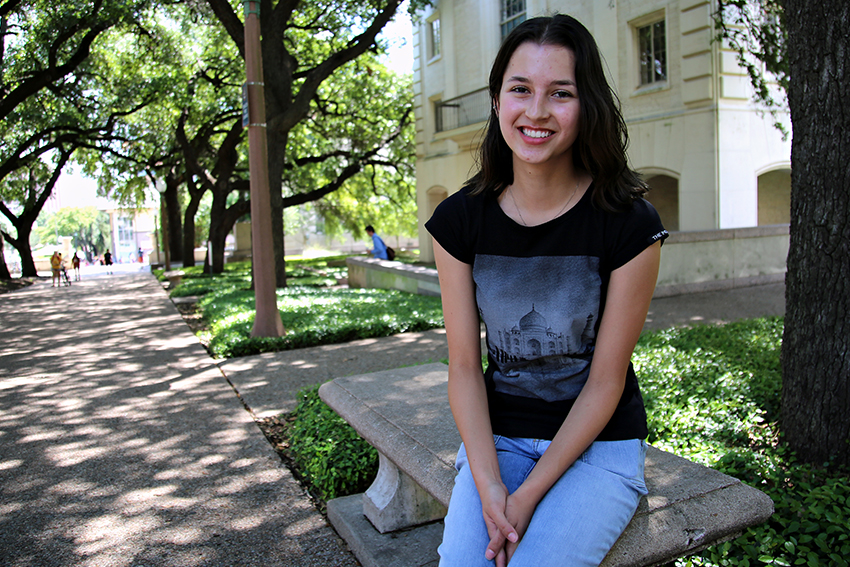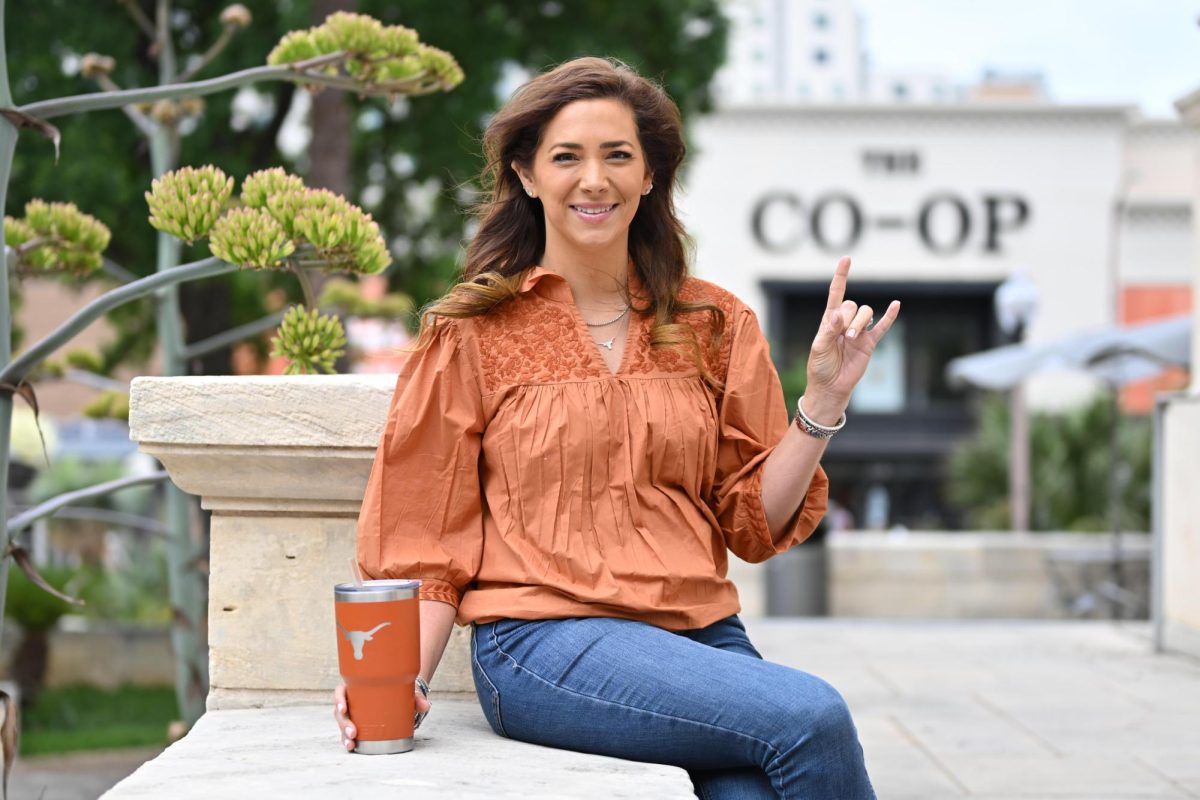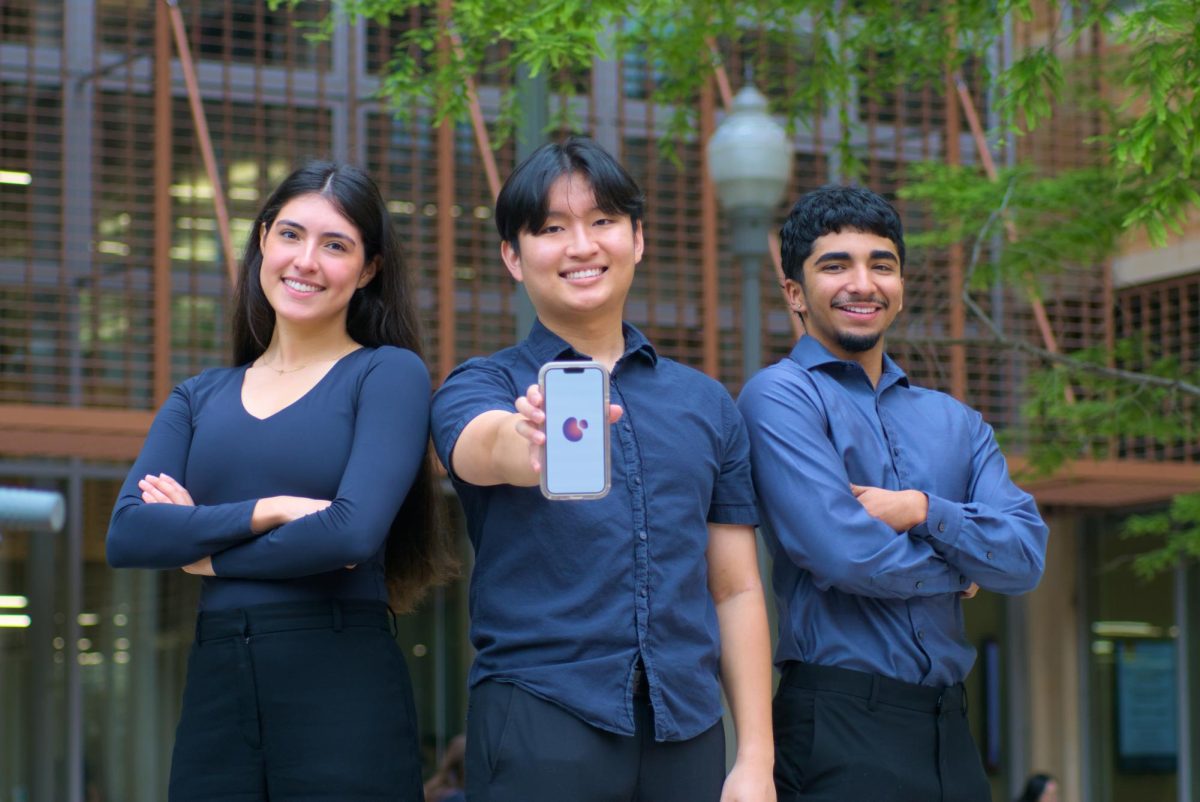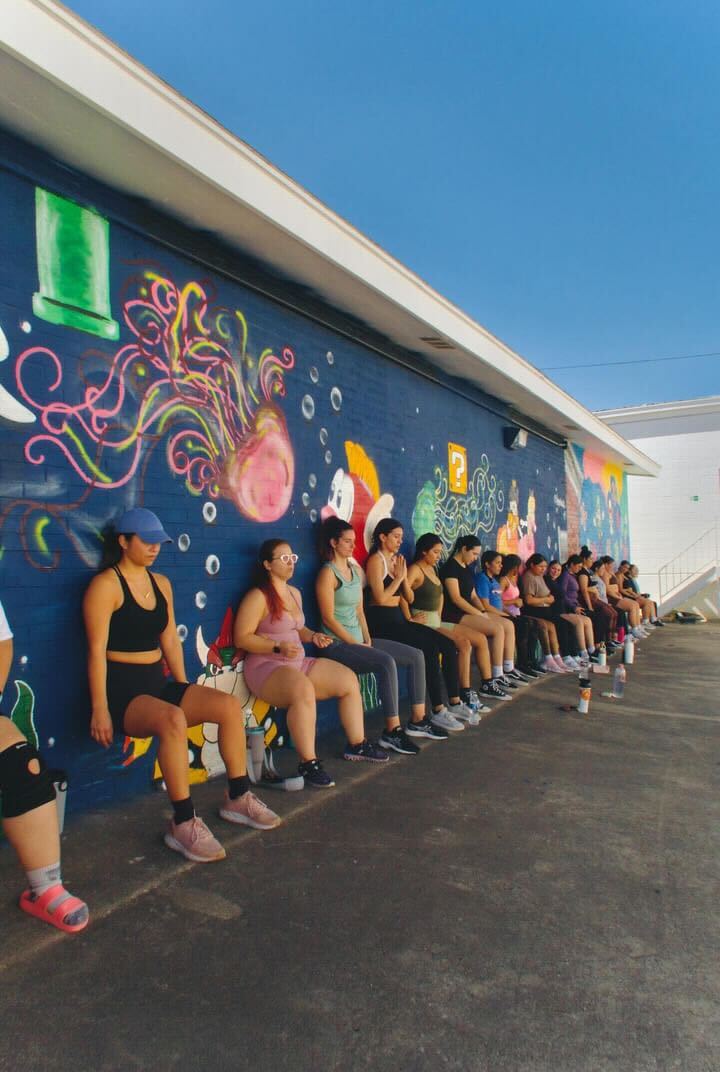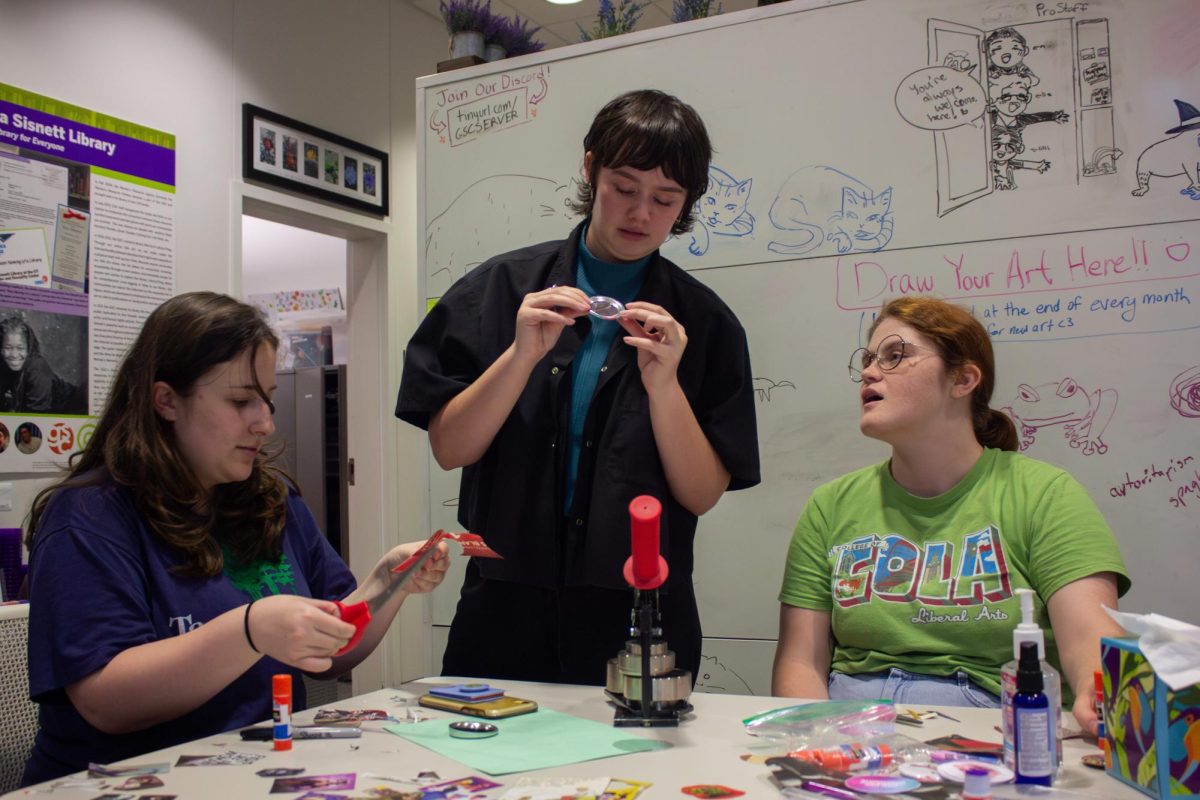“What race are you?” the questionnaire reads above a set of yet unmarked boxes.
White. Black. Hispanic.
For many people, this requires just another stroke of the pen, but for audiology freshman Karis Paul, there’s a little more to it than that.
Growing up in El Paso — where the population is approximately 80 percent Hispanic — Karis, the daughter of an Indian father and a half-Irish, half-Austrian mother, found acceptance in a town that exudes racial diversity. However, Karis was seen as white, leaving her uncertain of her identity in a nation that didn’t allow people to check multiple boxes in the census’ race category until 2000.
“My situation was nothing that I was very aware of until I got a little older,” Karis said. “I would tell people I’m Indian, and they’d be like, ‘What? Are you serious? Show me a picture of your dad.’ They would say, ‘You’re so not Indian.’”
Only about 3 percent of students on campus identify as mixed race. Karis said this underrepresentation often leads to misunderstandings in conversations about racial identity or, in her case, a sheer lack of such conversations.
“When I meet new people, because I’m so fair-skinned, no one really asks about my racial background right away, so I’m usually the one that brings it up, if at all,” Karis said. “But my dad has always told me, ‘Don’t have a label. Just make friends as a human.’”
Karis’ parents, Eric and Patricia Paul, named her after a Greek word meaning “grace” or “a gift from God.” They wanted her to embrace her racial background with pride and stressed the value of individuality.
“We see people as people,” Eric said. “So I think Karis grew up thinking she just was, well, Karis Paul. Identity is very important, and when we are secured in our identity, we are secured to accept and interact with other people.”
Professor Aarti Bhalodia teaches courses on the Americanization of immigrants. She said it may be a while before American society shares the type of inclusive perception the Paul family has regarding racial identity.
“It’s definitely going to require overwhelming, societal-level change as to how we view race,” Bhalodia said. “Foremost, I would urge people to not see mixed race as something new because mixed race is something that has always been there. What is new is how people view it — and we still haven’t even figured that out.”
Federal institutions admit that defining racial identity can be tricky, as evidenced by proposals to remove the word “race” from the U.S. census in 2020. John Hartigan, cultural studies and anthropology professor, who specializes in the historical journey of racial identities, said this controversy is derivative of the longstanding disparity between racial perceptions.
“What counts as white has very much changed throughout the centuries,” Hartigan said. “In U.S. culture, you have a long tradition of ethnic identity being something you can articulate in the frame of heritage but, in this case, your claims to heritage might not be able to overcome others’ social perceptions of you.”
Karis, however, said she is in no rush to label herself.
“I’m still just figuring out what my role is and what my identity means to me,” Karis said. “Now that I am seeing UT, how diverse it is, and just how proud people are about their own various cultural backgrounds, I definitely want that for myself, too.”




